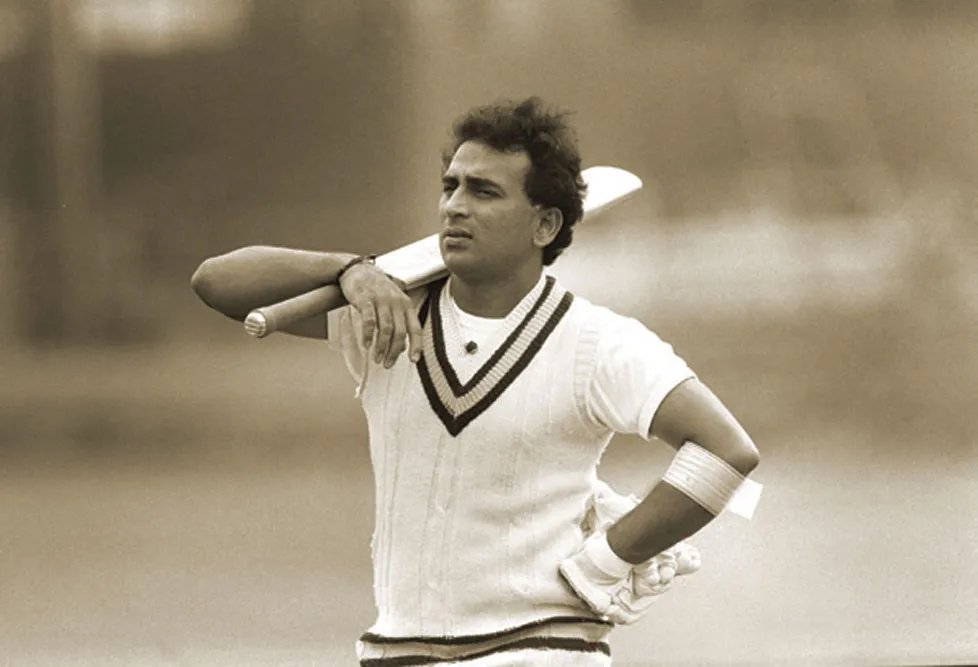When Sunil Gavaskar speaks, the world listens. His latest views on the prevailing “star culture” in Indian cricket has struck a chord, particularly in light of our embarrassing 1-3 defeat in the Border-Gavaskar Test series in Australia. For a powerhouse like India to falter so badly, losing the trophy after a decade, was a bitter pill to swallow. This defeat also cost us a spot in the World Test Championship final, now set to be contested between South Africa and Australia.

What’s the “Star Culture” Gavaskar Is Criticising?
If you have seen the movie ‘83’, you will recall the humble beginnings of Indian cricket. In the 1983 World Cup, our team played without a coach, doctor, or physiotherapist. Some players had booked their return tickets before the final, not expecting to make it that far. After our historic win, the Board of Control for Cricket in India (BCCI) announced a reward of ₹2 lakh, a substantial sum back then. Fast forward to today, and the scene has transformed dramatically.
- Virat Kohli reportedly earns ₹14 crore from a single Instagram post.
- MS Dhoni’s net worth hovers around ₹950 crore.
- Cricket has evolved from a passion driven sport into a lucrative career. The Indian Premier League (IPL) alone allows cricketers to earn enough in one season to comfortably sustain themselves for life.
- Our cricketers now share the celebrity status once usually reserved for film stars, thriving in modelling and wielding significant influence.
- Compare this to Sunil Chhetri, a prominent Indian footballer with a net worth of less than ₹10 crore.
- Even the legendary Bhaichung Bhutia, known as the “Sikkimese Sniper,” has a net worth of just ₹5 crore.
- Hockey stalwart Dhanraj Pillay has assets valued below ₹20 crore. No Indian athlete in other sports can compete with the financial success of cricketers.
In such an environment of immense wealth and fame, it is not surprising that arrogance and complacency can creep in. Our cricket team is one of the strongest globally, thanks not only to our players but also to BCCI’s unmatched financial power. Cricket is the most popular sport in a nation of over a billion people, managed by one of the wealthiest sporting bodies in the world. The IPL has further amplified revenue streams, sidelining traditional tournaments like the Ranji Trophy.
BCCI’s focus now seems more on global dominance, revenue, and IPL auctions than nurturing grassroots cricket. Gavaskar has rightly pointed out the detrimental effects of pandering to star players. He argues that BCCI must hold these players accountable, either dedicate themselves fully to cricket or pursue other lucrative interests.
The Need for Dedication
Every player chosen for India’s cricket team isn’t necessarily the best. If merit were the sole criterion, our performance would be more consistent. Gavaskar advocates for selecting players whose sole focus is cricket, ensuring that they truly deserve their place in the national squad.
This issue extends beyond the Border-Gavaskar Trophy loss. Historically, our team’s performance has been erratic. While star players continue to enjoy unparalleled fame and influence, BCCI hesitates to bench underperformers. The reluctance likely stems from financial considerations or the players’ clout.
Australia’s cricket dominance, particularly between 1997 and 2007, is a testament to consistent excellence, winning six ICC World Cups, including three consecutive titles, and holding a record for 16 consecutive Test wins. In contrast, India’s achievements are notable but lack the same consistency, especially outside home conditions.
Gavaskar’s concerns about the “star culture” reflect a broader issue – when cricketers prioritise fame and fortune over the sport, the team suffers. While fans may overlook occasional losses due to short memories, the underlying problems remain. The nation, like BCCI, is enamored with its cricket stars, often failing to recognize the need for systemic change.
Gavaskar reminds us that it is time to reclaim our pride in Indian cricket and demand accountability.
Do you agree?